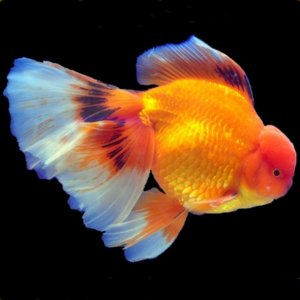What did the dead fish look like?
Do you have any pictures of them when they died?
Do you gravel clean the substrate when you do a water change?
Do you dechlorinate the new water before adding it to the tank?
What sort of filter is on the tank?
How often and how do you clean the filter?
--------------------
The dark green slime on the glass is blue green algae (Cyanobacter bacteria). This stuff loves nutrients, red light, low oxygen levels, and slow water movement. Reducing the dry food going into the tank and doing bigger water changes and gravel cleaning the substrate should clear it up.
The black fluffy stuff on the plants is black beard algae. It grows from too many nutrients and is a pain to deal with. Bigger water changes and gravel cleaning can help.
The brown stuff on the glass can be blue green algae or brown algae. Just wipe it off with a clean sponge.
--------------------
A single big water change each week is better than lots of little ones.
If you add aquarium plant fertiliser each week, you should do a big water change before adding more fertiliser. If you don't, the residual fertilsier that hasn't been used, can build up and over time poison fish or encourage algae problems (much like what you have now). Doing a big water change before adding more fertiliser dilutes any remaining nutrients and reduces the risk of poisoning or an imbalance in the nutrients in the water.
If you do a 20% water change each week you leave behind 80% of the bad stuff in the water.
If you do a 50% water change each week you leave behind 50% of the bad stuff in the water.
If you do a 75% water change each week you leave behind 25% of the bad stuff in the water.
--------------------
You need a picture on the back of the tank to make the fish feel more secure. You can buy aquarium backings from any pet shop or online, or use a plastic bin liner or some coloured card and tape it to the outside on the back of the tank.
Do you have any pictures of them when they died?
Do you gravel clean the substrate when you do a water change?
Do you dechlorinate the new water before adding it to the tank?
What sort of filter is on the tank?
How often and how do you clean the filter?
--------------------
The dark green slime on the glass is blue green algae (Cyanobacter bacteria). This stuff loves nutrients, red light, low oxygen levels, and slow water movement. Reducing the dry food going into the tank and doing bigger water changes and gravel cleaning the substrate should clear it up.
The black fluffy stuff on the plants is black beard algae. It grows from too many nutrients and is a pain to deal with. Bigger water changes and gravel cleaning can help.
The brown stuff on the glass can be blue green algae or brown algae. Just wipe it off with a clean sponge.
--------------------
A single big water change each week is better than lots of little ones.
If you add aquarium plant fertiliser each week, you should do a big water change before adding more fertiliser. If you don't, the residual fertilsier that hasn't been used, can build up and over time poison fish or encourage algae problems (much like what you have now). Doing a big water change before adding more fertiliser dilutes any remaining nutrients and reduces the risk of poisoning or an imbalance in the nutrients in the water.
If you do a 20% water change each week you leave behind 80% of the bad stuff in the water.
If you do a 50% water change each week you leave behind 50% of the bad stuff in the water.
If you do a 75% water change each week you leave behind 25% of the bad stuff in the water.
--------------------
You need a picture on the back of the tank to make the fish feel more secure. You can buy aquarium backings from any pet shop or online, or use a plastic bin liner or some coloured card and tape it to the outside on the back of the tank.




